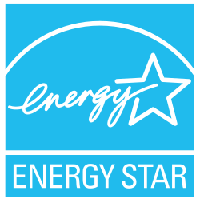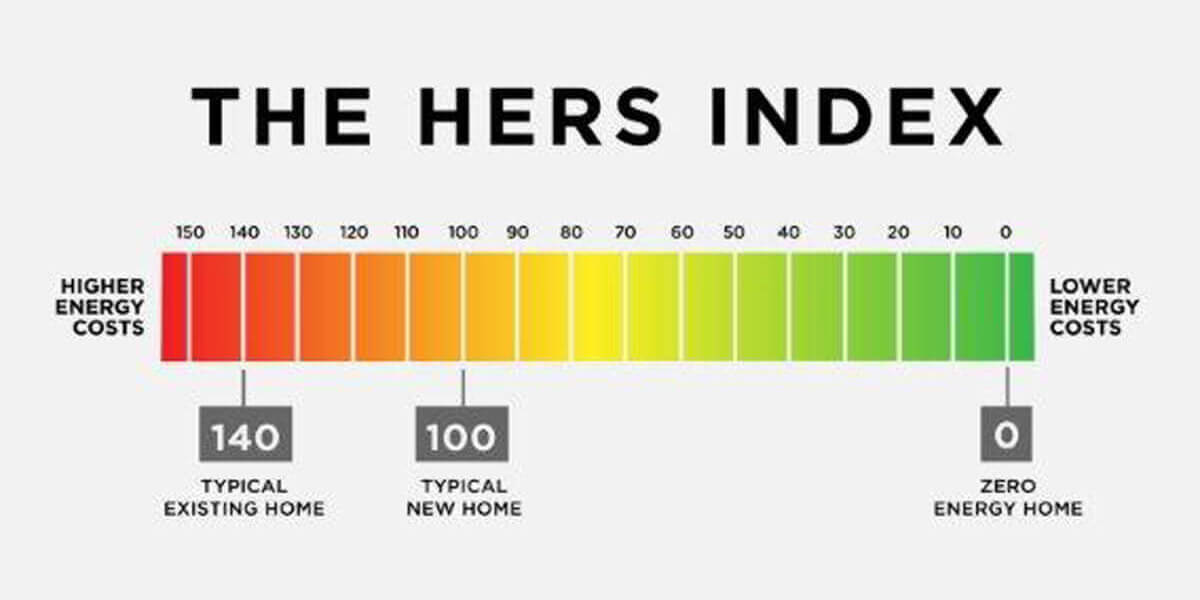Every time you upgrade to energy efficiency—such as insulating a home or switching to LED light bulbs—you save money and reduce your environmental impact. Green initiatives not only bring relief to your wallet and the environment, but from an economic standpoint, saving energy creates jobs.
- Save money
- Reduce your footprint
- Give your neighbor a job
With these three benefits, it’s safe to say that the pros of switching to energy efficiency outweigh any possible cons.
If programs produce strong evidence that boosting energy efficiency will create jobs, then there is a greater chance that energy efficient programs will gain governmental support. Many of these programs need support from federal, state, and local governments in order to fund a successful program. Managers of existing programs monitor how many jobs each program creates in order to produce accurate information to both justify and further governmental investment in the programs.
Although the argument for energy efficiency’s job creation is a strong one, there are a few discrepancies. The argument stands that energy-efficient measures create jobs on two levels: the initial investment in the efficiency and the labor-intensive work. Although there are available statistics to support this argument, there is no standardized method to verify these statistics.
Policy makers do not know how to respond to the multiple approaches to job creation studies. Overall, we know that job creation is in fact occurring, but we need to develop a method to prove this claim. Once the statistics can be verified, policymakers will be more willing to fund the programs.
Luckily, the American Council for an Energy Efficient Economy (ACEEE) is teaming up with the Vermont Energy Investment Corporation, DC Sustainable Energy Utility, and Efficiency Vermont to find a way to address this issue. The ACEEE and its partners will look at current techniques that account for energy efficiency’s job creation to get a sense of what ties all of the methods together. They will also interview program managers across the country to gain a better understanding of their specific verification methods.
The ACEEE will use methods such as input-output in their effort to provide accurate statistics for just how many jobs energy efficiency creates. With this information, the ACEEE will then evaluate the different methods to account for jobs based on three judgments:
- the program’s ability to establish proof of job creation
- its effectiveness in including direct, indirect, and induced jobs in this heat count, and
- how easily the method can be replicated for other programs.
When the ACEEE gathers this information, they will then be able to deduce the best method for verifying energy efficiency’s impact on job creation. The Council aims to release their findings late this year. During their research, the ACEEE aims to gain support from our energy efficient community and to connect with any program managers with an interest to participate.
When you decide to insulate your home, you can be sure that you will save money on your heating bill, reduce your impact on the environment, and now you know that your investment creates jobs. We hope to have an accurate system to gain more support from the government throughout the country. Do your part to boost energy-efficient support. Insulating your home is the perfect way to encompass all of these pros of energy efficiency, while making your home more comfortable year-round.















